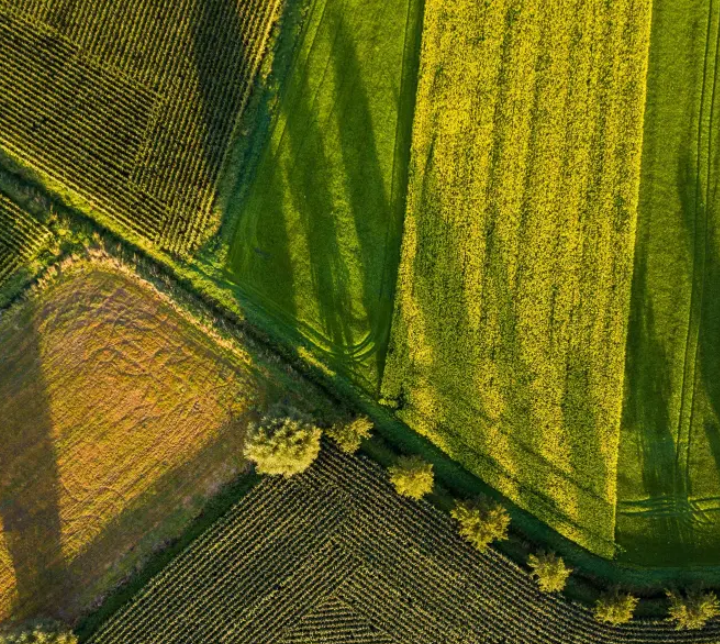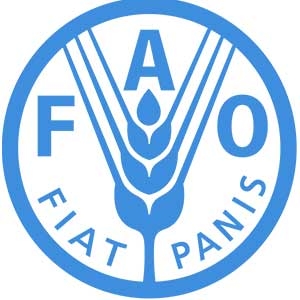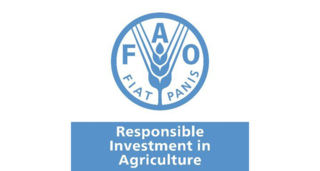Good Food Finance Network (GFFN) Value Chain Catalyst Group
Transitioning agricultural value chains to be more sustainable and resilient is increasingly recognized as critical to addressing climate, nature and inequality challenges. For financial institutions, incentivizing the sustainable business practices needed provides a key opportunity to meet their net zero commitments, yet the complexity of food and land use systems, including often high risks, low returns, long time horizons and highly fragmented finance needs, pose challenges. The Value Chain Catalyst Group is part of the GFFN leaders, technical experts and agripreneurs from the finance, business and public sectors.
The challenge
Transforming food and land use systems is essential to meeting equity, climate and nature goals. Yet, only about 3% of the USD $20B of global climate financing goes to the agriculture, forestry, and land use sector. Of that, only 4% is directed to value-chain actors such as agri-SMEs. Investment is needed across businesses’ supply chains to address climate change and the biodiversity crisis while strengthening the rural economies where companies source from and contributing to rural livelihoods, resilient supply chains and long-term food security. New approaches to finance food supply chains are needed to bring about large-scale transformation.
The business case
Private and public sector financial institutions are essential in enabling and incentivizing sustainable business practices in the food sector. Identifying concrete opportunities for financial institutions to incentivize business action and to co-finance sustainable supply chains will be critical to meeting equity, climate change and nature goals.
The solution
The Catalyst Group brings together food and agriculture companies with public and private sector financial institutions to a) build knowledge on effective strategies to scale investment, develop and pilot tools b) to enable effective collaboration between companies and financial institutions and c) advocate for an enabling environment for successful investment in sustainable supply chains. As part of this, the group serves as an advisory group to the Knowledge for Investment study, a collaboration between WBCSD and the FAO Investment Centre to identify barriers and practical guidance to support public and private sector finance to scale investment in the sustainable food, agriculture and land use sector.




